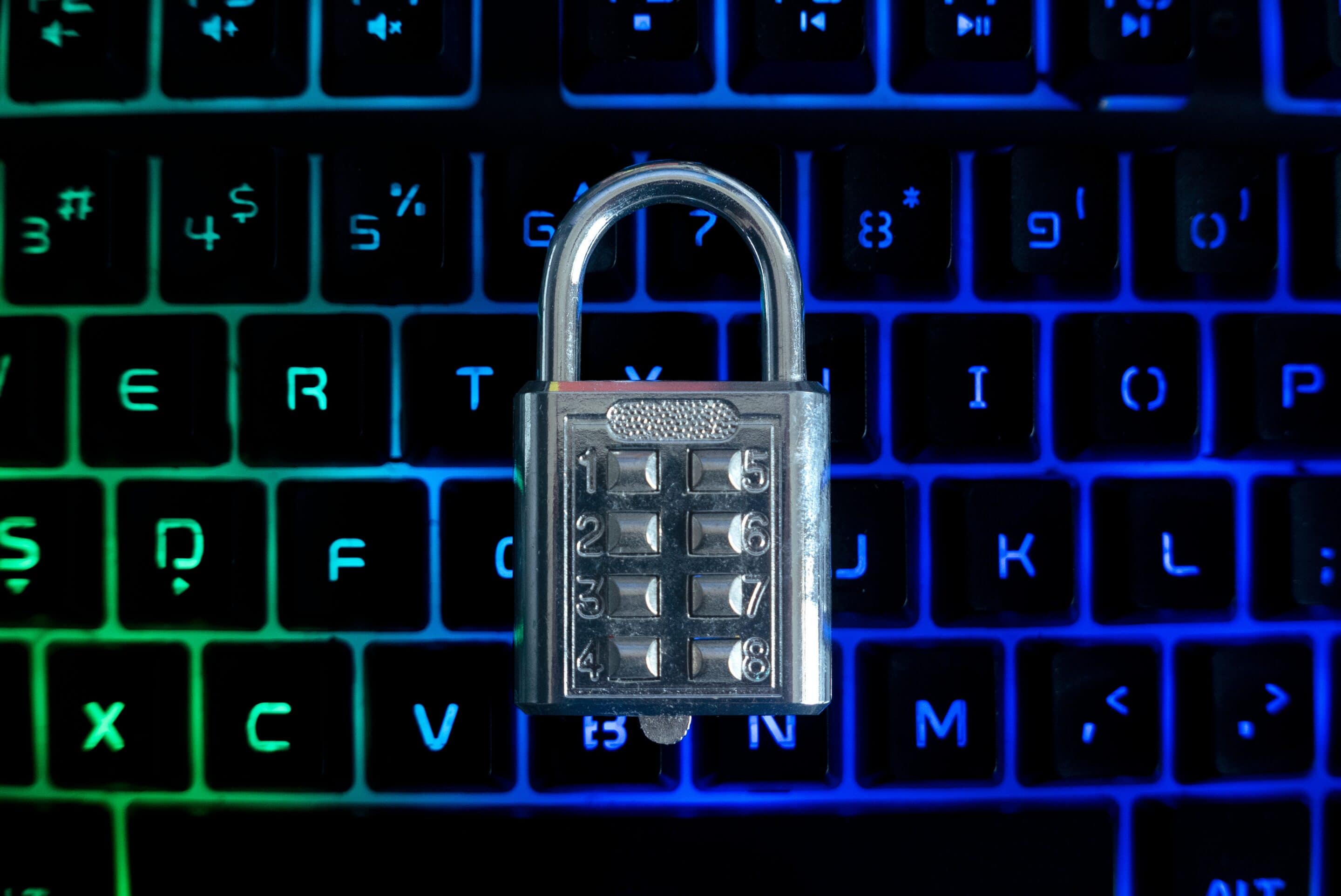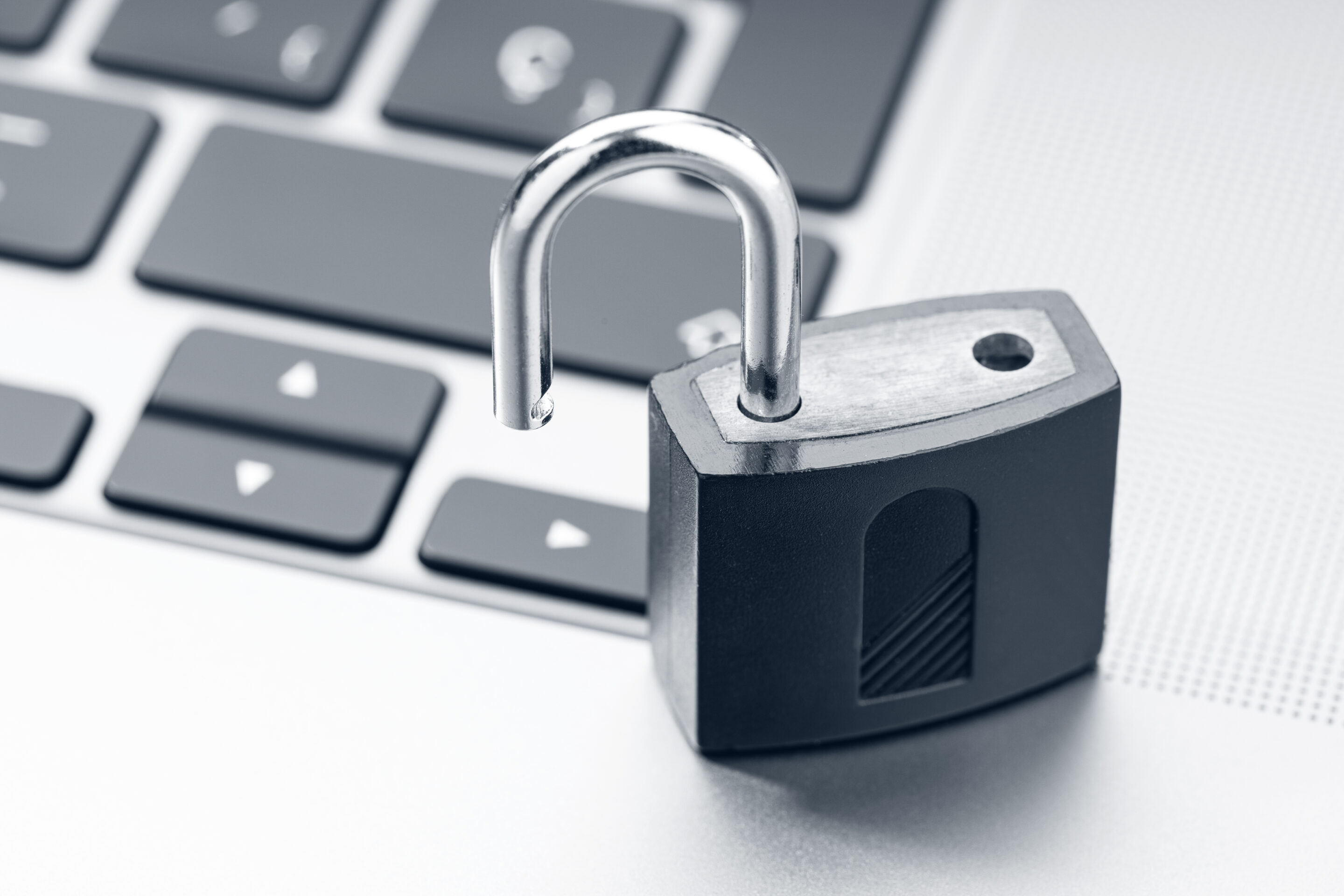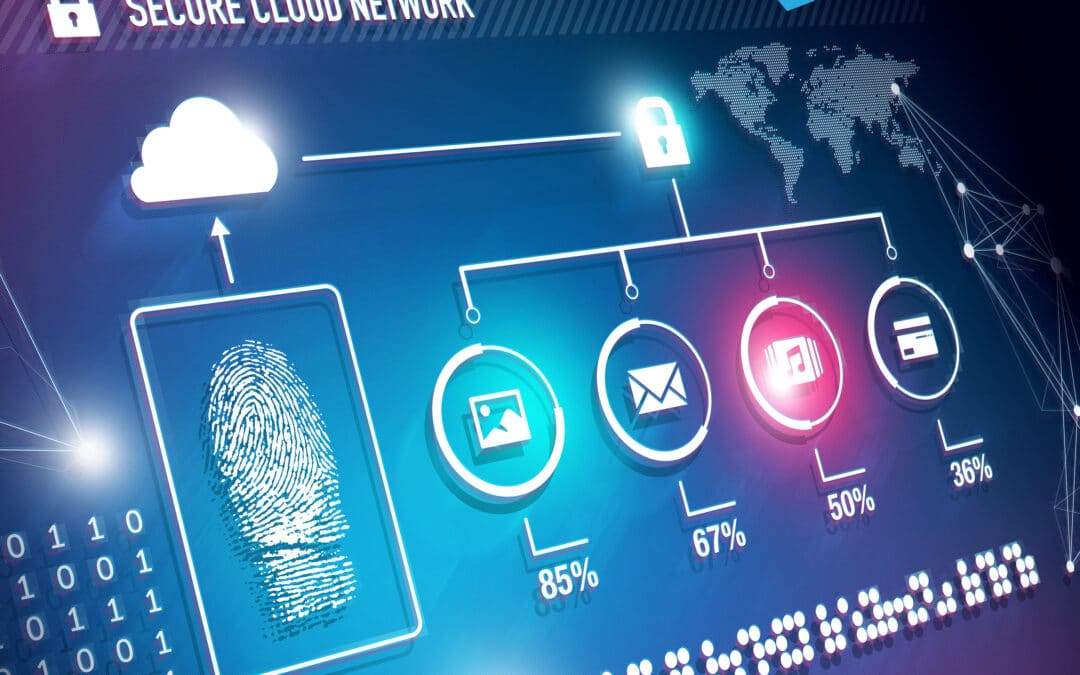The US Department of Health and Human Services (HHS) issued the Health Insurance Portability and Accountability Act (HIPAA) to protect patients. The federal law says that there must be a national standard to keep sensitive health information about patients from being shared without the patient’s consent or knowledge (HIPAA Compliance.)
One of the primary focuses of HIPAA laws is to ensure that the health information of individuals is appropriately protected. But at the same time, it allows data to be used when needed to facilitate the highest level of medical care possible.
The HIPAA may be favorable for patients, but it can be a nightmare for medical personnel! Since the act was passed by the United States Congress in 1996, hospitals and doctor offices have been expected to secure their data without much guidance.
If their data or network security is compromised, medical professionals can face horrible penalties. For each infraction category, the Department of Health and Human Services has the authority to impose fines of up to $1.5 million annually. Penalties can be imposed by other federal agencies and state attorneys general on top of that!
The ramifications are so severe that many doctor’s offices shut down completely. Not only do they face legal violations, but also public humiliation. Their customers lose trust and seek medical assistance elsewhere, and their careers are ultimately ruined. That’s why HIPAA compliance is so essential.

Data Protection
As technology advances, more and more requirements are introduced into the medical industry. Smartphones, tablets, and computers are all connected to sensitive data. If the precautions they put in place to secure their data are not sufficient, they may be in violation of HIPAA. Regulators have the power to impose hefty fines if the requirements of HIPAA compliance are not met.
Many healthcare facilities opt to save money by asking staff to bring their own devices. Although bringing their own cellphones and tablets may cut costs, it also sacrifices security. Personal phones can install apps that create cyber security vulnerabilities unknown to the user and which represent a liability to the company’s data.
Companies that provide mobile devices for their employees offer more control over security.
Even though mobile devices are useful, they come with risks. Experts are worried that it may lead to mobile data security breaches and HIPAA compliance violations. Locking down a cell phone to limit how it can be used and having the ability to remotely lock or wipe it are key security measures. Company tables can even be locked automatically if they leave the office.
Cybersecurity Risk Assessment
Compliance and the regulations of HIPAA can be difficult to understand for most people. They need a professional who is experienced in HIPAA compliance to manage their information.
The first step in the process is a risk assessment and plan. Standard security measures commonly implement defense against viruses, other malicious software, and management of passwords including multi-factor authentication. Identifying and reducing risks is the primary goal of an evaluation. All aspects of the IT infrastructure should be considered when doing a risk assessment.

Cybersecurity Measures
It isn’t enough that you have a long list of tasks to do, but you also have data to collect, process, analyze, and verify. Protected Health Information (ePHI) that is stored on devices could be vulnerable and taken advantage of by cybercriminals, especially when they are accessible from personal devices.
Most cyber security issues start with an employee. Training and conducting random testing is important to maintaining awareness and vigilance. Microsoft 365 offers a tool to send fake emails to see which employee takes the bait and clicks on the link. It is a good way to spot people that need more training and maintain awareness. You can make it a positive exercise by awarding the person who has the best cyber security record.
Multi-Layer Authentication
Businesses must employ technological measures to protect ePHI under HIPAA. Mobile devices should need user authentication to access, store, or send ePHI. And multilayered security increases data security even further. MDM (mobile device management) software is key to security phones, tablets, and laptops. MDM software gives IT staff the ability to monitor and secure devices remotely if a cyber attack is identified.
Encryption
One of the biggest dangers is ePHI being intercepted and accessed by other parties. To prevent this, encryption should always be used. Cybercriminals are generally lazy and want to attack easy targets. By using encryption criminals will seek easier prey.
ePHI should only be transferred through a secured channel using end-to-end encryption.
Controls
Data on a mobile device should be protected by controls that stop it from being changed or lost. ePHI access logs and other activities should also be accessible to monitor possible risks that could compromise the data.
Are You Looking to Avoid HIPAA Compliance Violations in Tampa, Florida?
You no longer have to wonder if you’re meeting HIPAA reporting requirements because we’ve automated this process for your business. By comparing the data from our automatic scanning with the findings of the manual surveys and spreadsheets, our system will discover network faults, policy weaknesses, and potential breaches linked to HIPAA.
If you are looking for professionals who specialize in HIPAA compliance in Wesley Chapel, St. Petersburg, or any area in Tampa Bay, you’ve come to the right place! IGTech IT professionals will automate your data collection process, analyze it, and give you dynamic spreadsheets that are tailored to your specific needs.
Get in touch with an expert at IGTech today!



Recent Comments